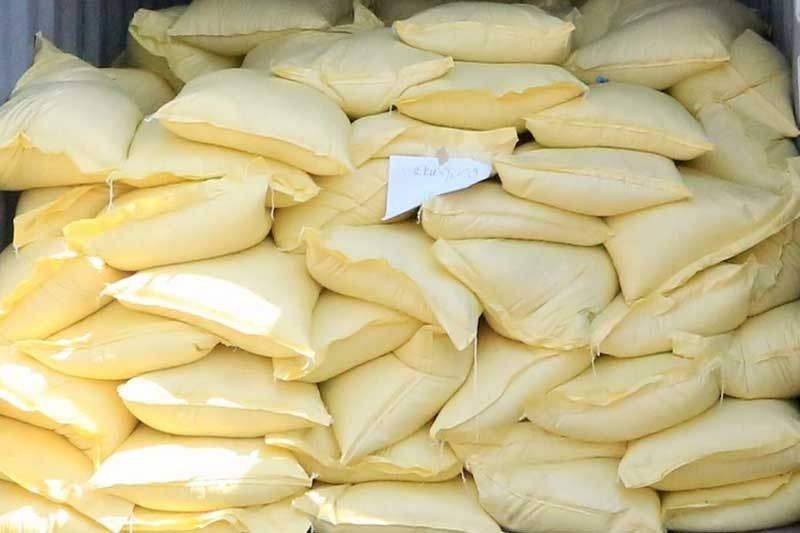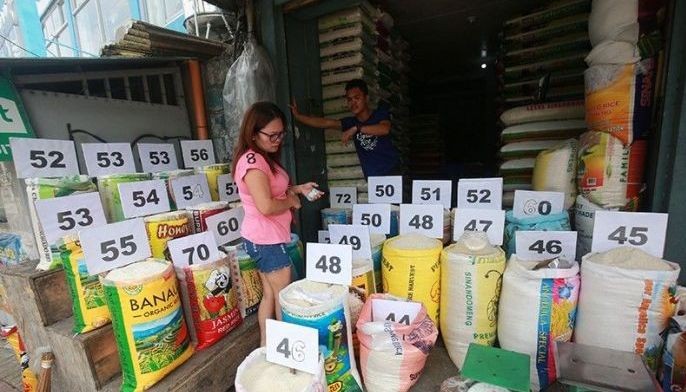DOF: NFA must strengthen logistics ops with rice tariffication in place

MANILA, Philippines — After the agency’s role in rice imports was removed following the enactment of the Rice Tariffication Law, the National Food Authority needs to strengthen its logistics capacity to ensure that the government has enough buffer stocks of the staple grain at all times, the Department of Finance said.
Finance Assistant Secretary Antonio Joselito Lambino II said that starting March 5 when Republic Act 11203 or the Rice Tariffication Act took effect, the NFA’s import licensing and other regulatory functions ceased, although the crucial role of emergency buffer stocking remains.
Lambino said the NFA’s task of regulating the rice sector was removed owing to the agency’s "inefficiencies" resulting from a controlled import system, and which left the agency saddled in debt amounting to about P145 billion.
With the rice tariffication law in place, imports from ASEAN countries will be charged a tariff of 35% of its value, while imports from non-ASEAN countries within the minimum access volume (MAV) initially set at 350,000 metric tons will be taxed 40%. A tariff of 180% will be collected for imports above the MAV from non-ASEAN countries.
The collected tariffs will be used to fund mass irrigation, warehousing and rice research.
Based on the central bank’s estimate, scrapping import caps on rice could reduce annual inflation by 0.7 percentage points in 2019.
While the measure is expected to give households reeling from soaring prices a reprieve, farmer groups said replacing rice import limits with a system of tariffs would drive down prices for their produce and hurt their business. — Ian Nicolas Cigaral
- Latest
- Trending





























